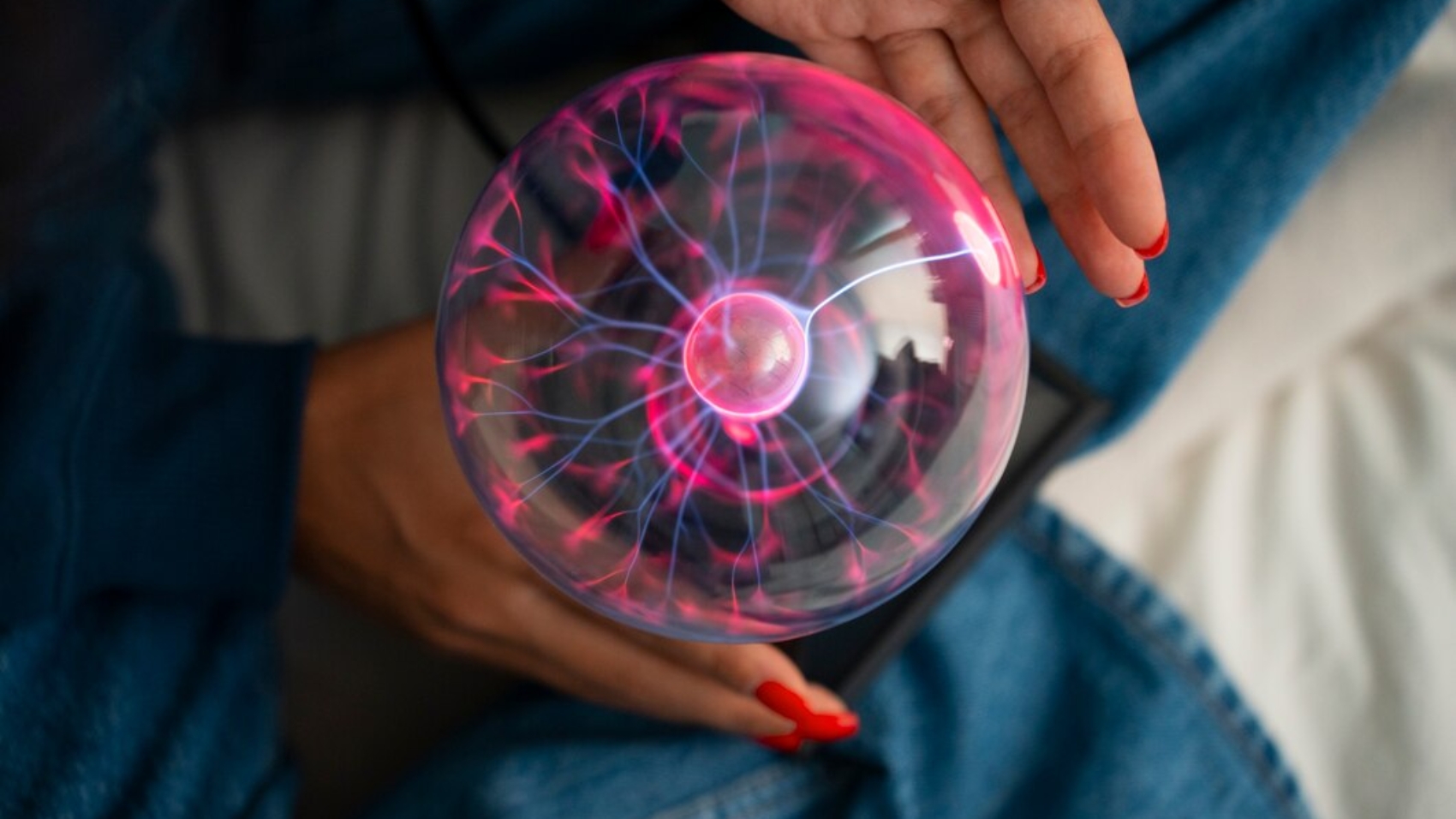Johns Hopkins is a well-known and highly credible resource for studies involving most any medical or mental health research. The Johns Hopkins Center of Psychedelic and Consciousness Research is a leader taking on the current research into the use of psychedelic substances for mental health concerns.
“Backed by $55 million in funding, researchers build on previous work and expand research on psychedelics for illness and wellness: (1) to develop new treatments for a wider variety of psychiatric and behavioral disorders with the aspiration of treatments tailored to the specific needs of individual patients and (2) to expand research in healthy volunteers with the ultimate aspiration of opening new ways to support human thriving.”
Included is the link for Johns Hopkins Medicine is dedicated to the current timeline with Psychedelics Research and Psilocybin Therapy. This timeline gives you easy access to many of the research papers and news releases across the history of JH research into psychedelics use for mental health concerns.
Johns Hopkins Center for Psychedelic and Consciousness Research (hopkinsmedicine.org)




